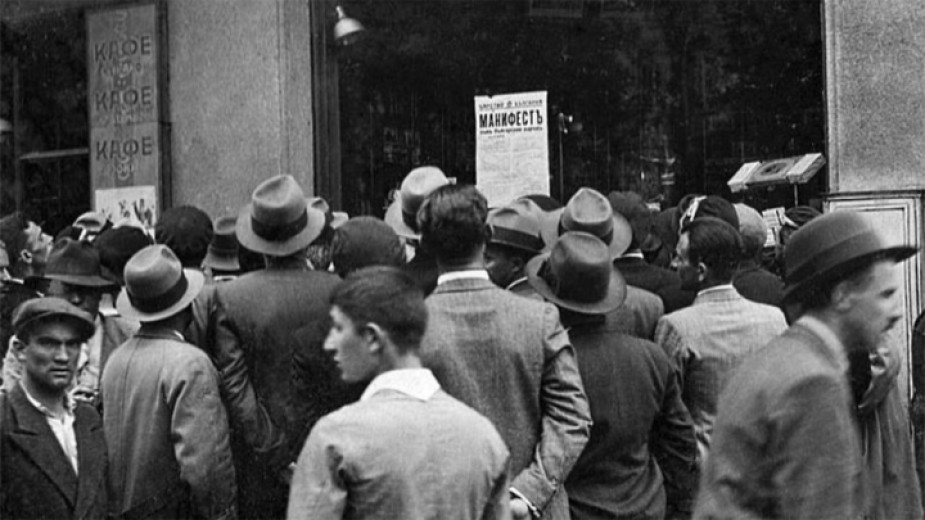
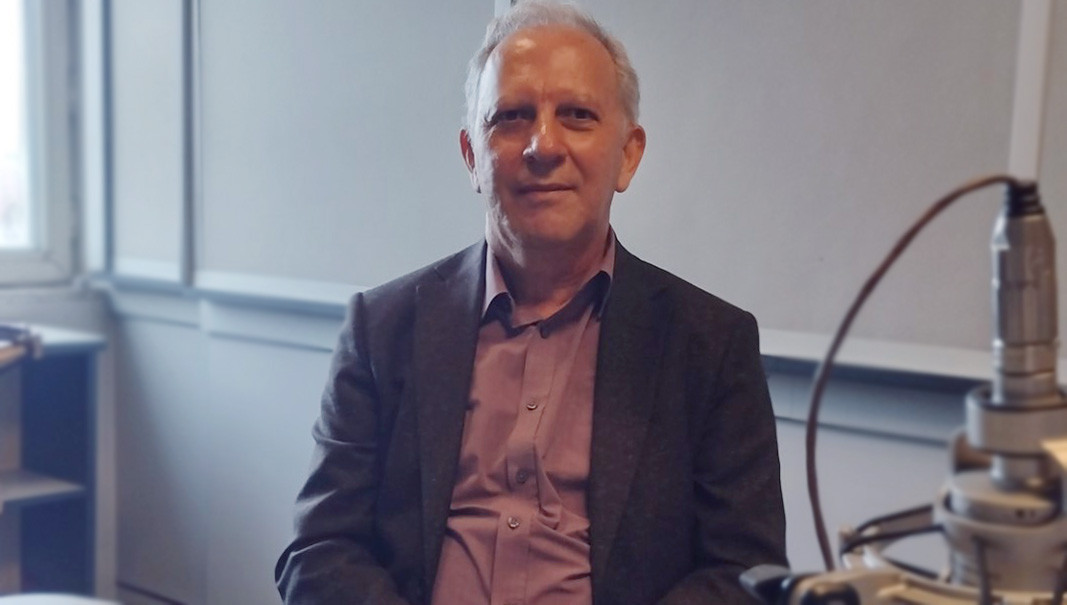
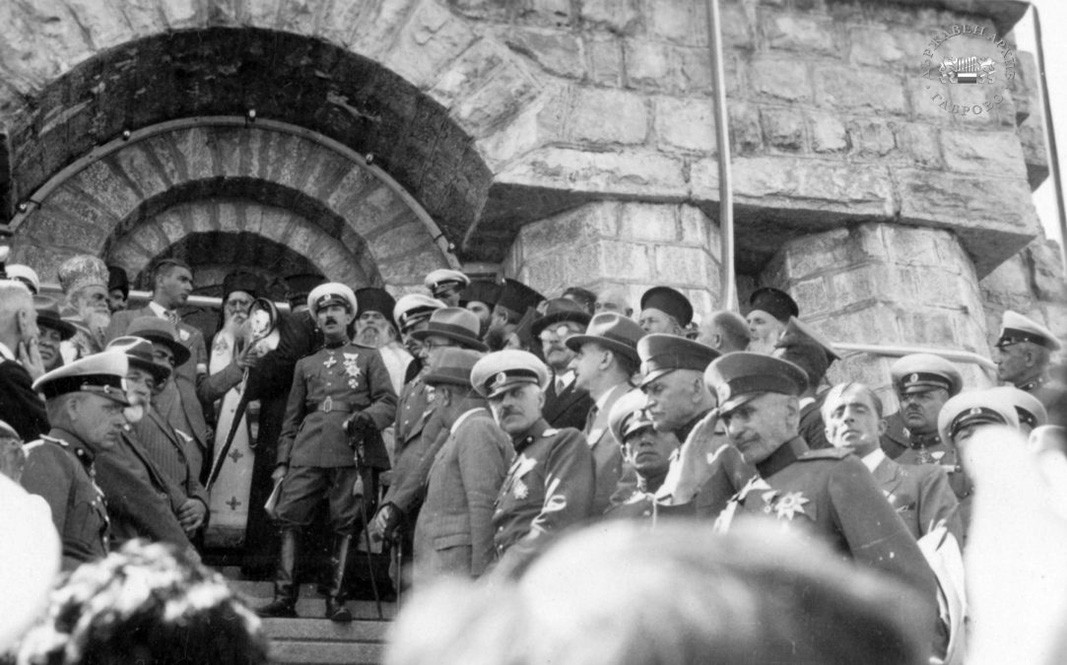
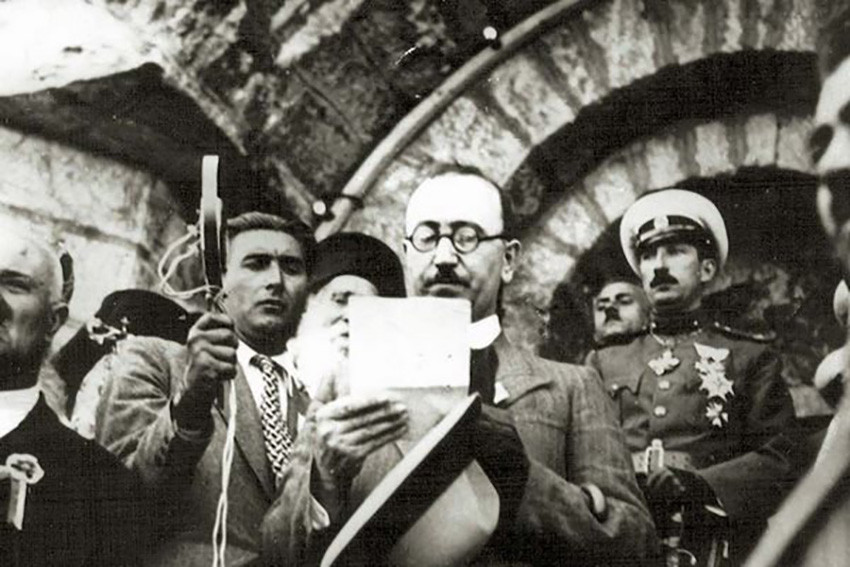
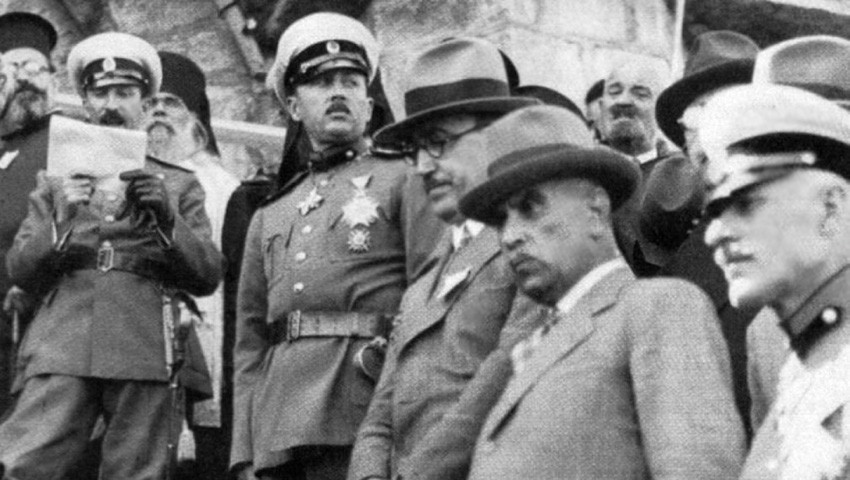
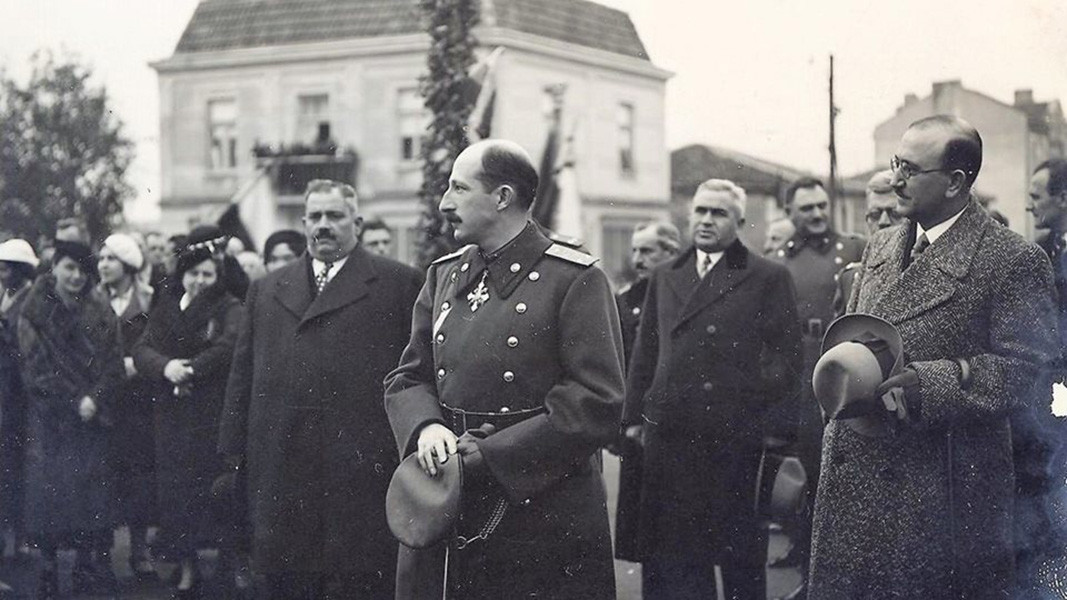
On 19 October 2025, the day on which Orthodox Bulgarians commemorate St Ivan Rilski the Miracle-Worker, the newly renovated St Ivan Rilski Church in Chicago will officially reopen its doors. Named after Bulgaria’s heavenly patron , the church will host..
Archaeologist Nikolay Ovcharov on Thursday announced the discovery of a large circular temple at Perperikon, the early-historic rock complex in the Eastern Rhodopes, BTA reported. Dating to the 3rd–4th centuries AD , the structure is believed to..
This summer, archaeologists once again breathed life into the legends woven into the rocks of Kaliakra . Among the ruins of the once majestic fortress above the Black Sea, over 400 artefacts were discovered, shedding new light on..

+359 2 9336 661
